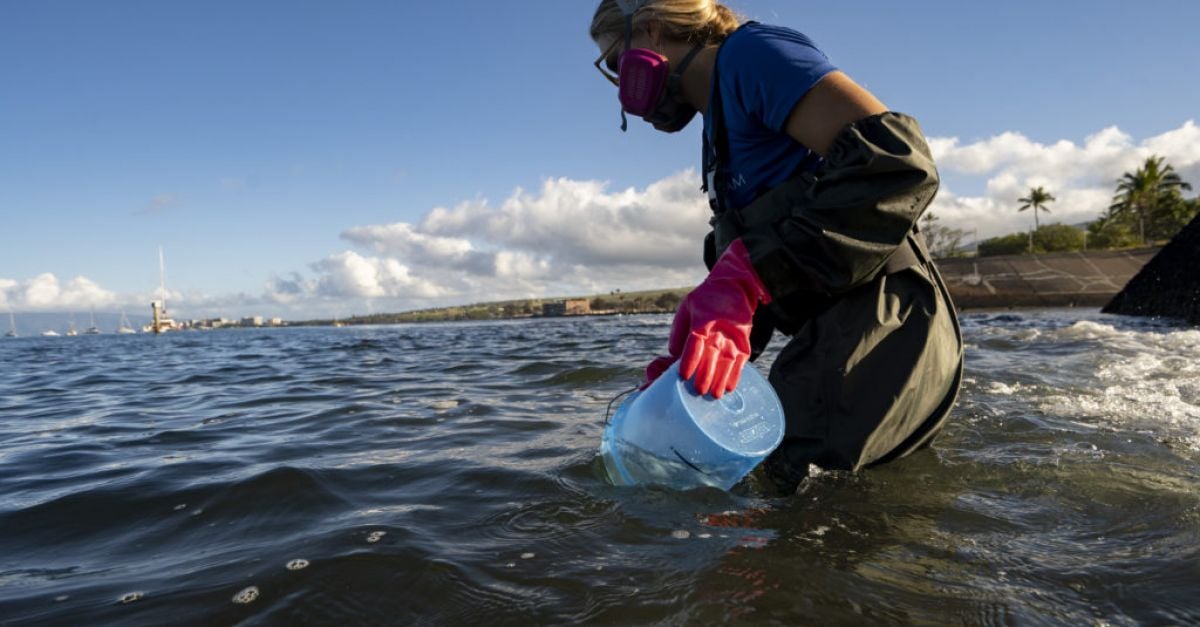In the wake of Maui’s deadliest wildfire, concerns have arisen regarding the potential repercussions on marine life, particularly the delicate coral ecosystems. The blaze, which ravaged Lahaina and left behind a trail of toxic debris, has raised fears of contaminants seeping into the ocean and disrupting the delicate balance of marine ecosystems.

For lifelong residents like Abraham Ah Hee, whose connection to the ocean runs deep, the wildfire has cast a shadow of uncertainty over the safety of seafood and the health of marine environments. As scientists scramble to assess the impact of the wildfire on coral reefs and aquatic life, there is a growing recognition of the need for long-term monitoring and conservation efforts to safeguard these vital ecosystems.

Charting a Path Forward: Collaborative Research and Conservation Initiatives
Amidst the ongoing research efforts to understand the wildfire’s effects on marine environments, there is a glimmer of hope for informed conservation strategies. Collaborative endeavors between scientists, community advocates, and governmental agencies are paving the way for comprehensive monitoring and mitigation measures to protect coral reefs and marine biodiversity.

As the residents of Maui navigate the aftermath of the wildfire, there is a collective determination to preserve the rich marine heritage that has sustained generations. Through interdisciplinary research and community engagement, there is an opportunity to forge a resilient path forward, ensuring the continued health and vitality of Hawaii’s coastal ecosystems for generations to come.
